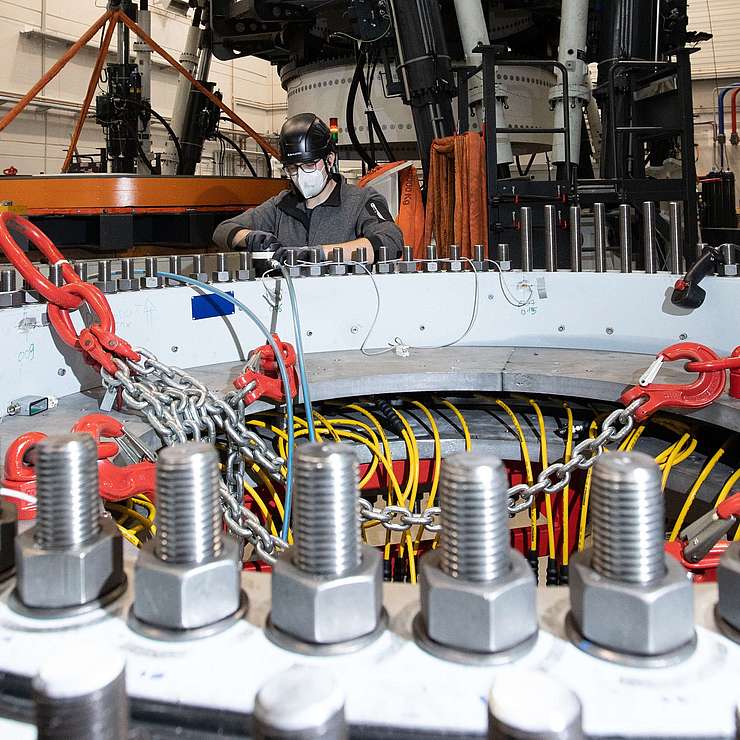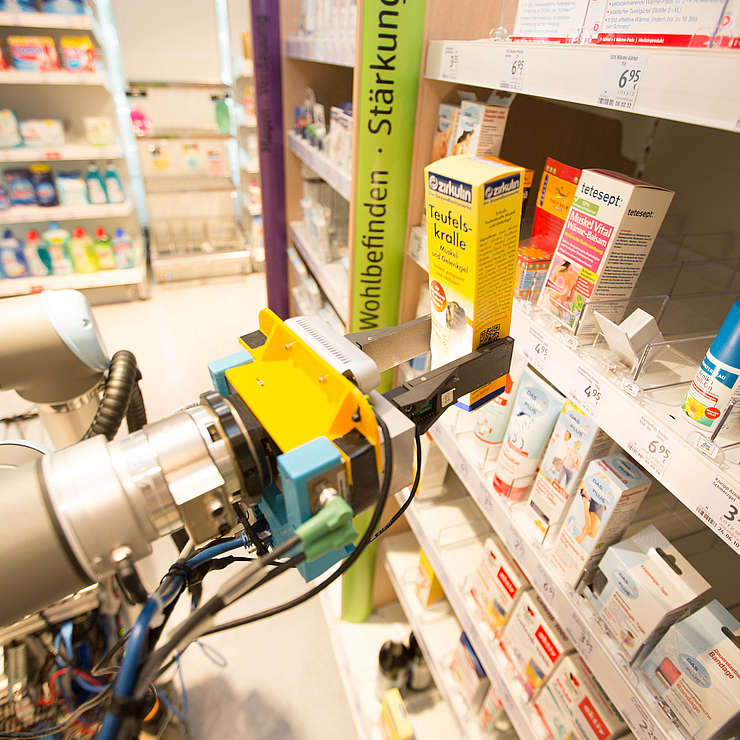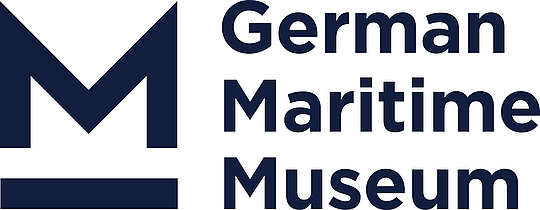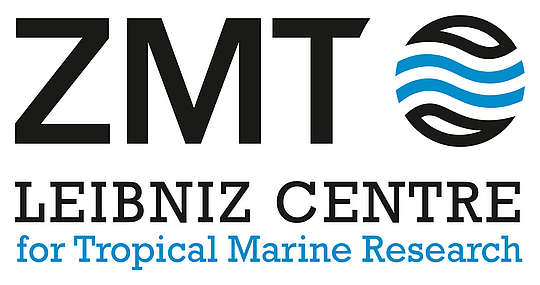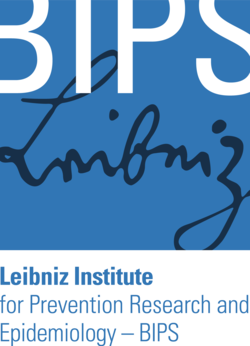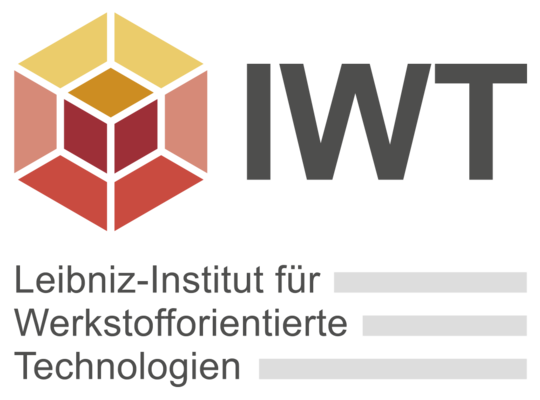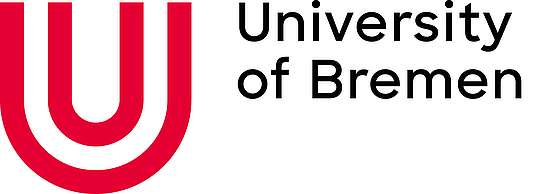Joint activities visibly demonstrate the added value of the alliance and strengthen its profile. Our member institutions work together trustingly and respectfully. Our common goals guide our actions. We use the synergies that result from the alliance and actively strive for them through the active exchange between the employees of our facilities, best practices and - where possible - common standards as well as cooperatively used infrastructures.
The thirteen members of the Alliance join forces to formulate mutual strategies, establish cooperation professorships together, and promote young researchers via graduate programs, junior research groups and cooperative projects such as the AI Center for Health Care or the cross-disciplinary training program Data Train - Training in Research Data Management and Data Science.
Cooperative Research
The thirteenpartners of the Bremen Research Alliance are working closely together in research. Whether in joint research projects or in institutionalized form such as the MAPEX Center for Materials and Processes or the DFG Research Center and the Cluster of Excellence MARUM.
Every six months we provide information about the cooperative research in the U Bremen Research Alliance in our science magazine Impact. Here we offer exciting impressions into the joint work of our members.
Some examples of our cooperative research:
Promoting young researchers and doctoral candidates
Promoting young researchers is a central component of our lead projects. Therefor the members of the U Bremen Research Alliance cooperate closely, for example in the AI Center for Health Care or in the cross-disciplinary training program Data Train - Training in Research Data Management and Data Science, as well as in doctoral projects. The cooperation within the alliance ranges from the mutual opening of institution-specific support offers – such as BYRD, the support center for early-career researchers at the University of Bremen – to the joint organization of general training and further education measures, for example to raise third-party funds.
In addition, the institutions cooperate within the framework of the following doctoral programs and graduate schools:
International Max Planck Research School for Marine Microbiology MarMic
The International Research School for Marine Microbiology works in cooperation with the U Bremen Research Alliance partners Max Planck Institute for Marine Microbiology, University of Bremen and Alfred Wegener Institute Helmholtz Center for Polar and Marine Research, as well as the Jacobs University Bremen. The institute offers a joint master's and doctoral program in marine microbiology. To the website.
Helmholtz Graduate School for Polar and Marine Research POLMAR
At the Graduate School for Polar and Marine Research (POLMAR), young scientists are researching polar marine ecosystems and climate change. Within the framework of the Graduate School located at the Alfred Wegener Institute Helmholtz Center for Polar and Marine Research (AWI), the U Bremen Research Alliance partners AWI, the University of Bremen, the Max Planck Institute for Marine Microbiology as well as the Jacobs University Bremen and the University of Oldenburg are cooperating. To the website.
International Graduate School "ArcTrain - Processes and Impacts of Climate Change in the North Atlantic Ocean and the Canadian Arctic"
The International Graduate School "ArcTrain - Processes and Impacts of Climate Change in the North Atlantic Ocean and the Canadian Arctic" provides doctoral students with a structured interdisciplinary environment to tackle the challenges of accelerated climate change in the Arctic. The DFG Graduate Program combines the strengths of marine geosciences and environmental physics at the University of Bremen and the Alfred Wegener Institute Helmholtz Center for Polar and Marine Research with the complementary skills of a consortium of eight Canadian partner universities. To the website.
Leibniz Graduate School SUTAS
With an interdisciplinary perspective, the Graduate School SUTAS (Sustainable Use of Tropical Aquatic Systems) is focusing on socio-ecological issues in tropical coastal regions. The Graduate School is supported by the U Bremen Research Alliance partners University of Bremen, Leibniz Institute for Prevention Research and Epidemiology - BIPS GmbH and Leibniz Center for Marine Tropical Research. The spectrum of research disciplines, which are represented in SUTAS, is multidisciplinary according to the complex questions. It ranges from marine ecology, fish biology, microbiology and sedimentology to social sciences and epidemiology. In groups, graduates from different disciplines work together in a target region, enabling interdisciplinary work and a broad understanding of the tropical coastal systems. To the website.
Graduate School "System Design"
The Graduate Program "System Design" (SyDe) is a cooperation between the U Bremen Research Alliance Partners University of Bremen, German Research Center for Artificial Intelligence Bremen and DLR Institute of Space Systems. The overall research topic is the design of complex electronic systems. The Graduate Program is funded by the University of Bremen's future concept. To the website.
Cooperative Junior Research Groups
Cooperation thrives on people - especially the creative young academics. In addition to numerous other offers, there are the so-called Cooperative Junior Research Groups for these Researchers. The groups are intended to strengthen the next generation of academics as well as the cooperation between the University of Bremen and the non-university research institutions and are set up at the interface between the university and the non-university research institutes.
The junior research groups with participation from the U Bremen Research Alliance include:
Marine Glycobiology
The group's research interests are algae polysaccharides. They are one of the largest carbon resources in marine systems. Bacteria use specific carbohydrate-active enzymes, so-called CAZymes, to cleave algae polysaccharides. In the group, marine metagenomes are studied to identify, extract and characterize CAZymes. The group was established between the University of Bremen and the Max Planck Institute for Marine Microbiology. To the website.
Modelling of Technical Systems
The Group's research topic is the development of methods for the verification and synthesis of embedded systems such as robot controllers. Of particular interest are techniques that automate parts of the design flow of technical systems and auxiliary system engineers with the optimization of system quality. The group was established between the University of Bremen and the German Research Center for Artificial Intelligence. To the website
Evidence-based Public Health
The Group's research topic is the development, implementation and evaluation of programs and measures to protect and improve the general health of the population or vulnerable subgroups within the population. The group was established between the University of Bremen and the Leibniz Institute for Prevention Research and Epidemiology – BIPS.
Cooperation Professorships
Cooperative professorships are professorships, which are appointed at the university and which provide research and teaching in the disciplines of the University of Bremen. The special feature is that, as a "common vocation", they also have a leading function in science and science management in non-university research institutions. Cooperative professorships strengthen the cooperation as well as the development of the partners in a sustainable manner and are thus evidence of the very good scientific cooperation and the institutional interlacing of the work of the University of Bremen and its non-university partners.
There are over 40 cooperative professorships between the University of Bremen and the non-university members of the U Bremen Research Alliance.
